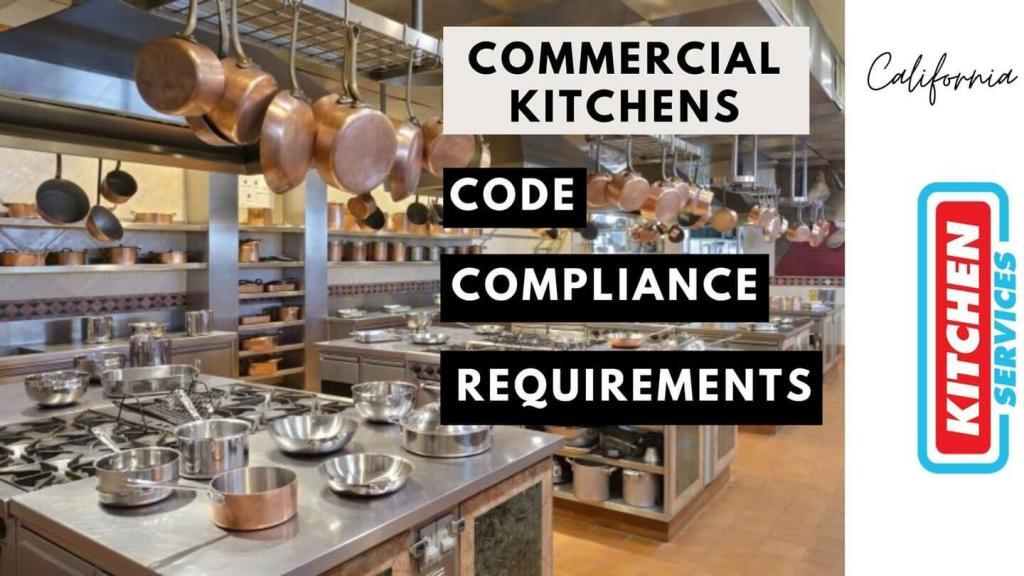When people are planning to start a business venture in the catering or hospitality ; figuring out whether to invest in a commercial kitchen or use their existing residential kitchen is not easy. The legalities involved in this industry aside, determining if your residential kitchen can cope with, the needs of your startup is the actual question.
What is a Commercial Kitchen?
As seen in cafeterias, restaurants, hotels, hospitals, education and workplace settings, army barracks, and similar settings, commercial kitchens are larger with bigger and better heavy-duty equipment than a residential kitchen. For example, a hospital cafeteria will have a giant walk-in cooler or a huge commercial dishwasher machine.
In many ways, commercial kitchens are different from residential kitchens. Commercial kitchens have a number of cooking stations to manage each different task needed to make the type of food you want. This could have a grilling, cooking, baking, and frying area. You need to manage specifically assigned areas in order to ensure that there is enough space and equipment for each task.
Code Requirements of Making a Commercial Kitchen
Building a commercial kitchen and following the checklist of all its prerequisites might feel like an intimidating job. The following is a breakdown of many initial steps one has to go through when it comes to commercial kitchen designing and construction.
Federal Regulatory Agencies
The Occupational Safety and Health Administration (OSHA) is a federal agency that works to ensure the safety and health of the workers in the US. The organization has set strict standards for businesses for all industries to follow. Many of these include protecting workers on a daily basis, such as giving proper sanitation processes, acceptable temperature ranges at the workplace, and proper management for preventing and handling accidents. OSHA also gives a heavy and significant mandate on the design and building process.
Some of the most significant requirements to consider in the commercial kitchen design process are:
- The placement and quantity of fire detectors and alarms
- The placement and quantity of exits
- The minimum sizing of walkways and workspaces
- Vent hood Installation
- Commercial Exhaust fans and Ventilation
Commercial Kitchen Certification
Now a days, it is impossible to build a new restaurant or a commercial kitchen without getting it certified from NSF. In the US, NSF food equipment standards include requirements for material safety to make sure that the product will not add any harmful chemicals into the food, design and construction, product performance, etc. This is how through NSF, commercial kitchen certification is obtained in the US.
These were some of the legal steps you have to go through. Below we have shortlisted some points that will help you understand the requirements of commercial kitchens in a better way.
- Space Efficiency and Simplicity
- Flow of activities
- Flexibility and Modularity
- Sanitation
- Supervision
- Up-to-date equipment
- Energy efficiency
Commercial Kitchen Requirements in California
If you are in California, you will have to meet the Commercial Kitchen code requirements set by the Californian state. These commercial kitchen requirements have been determined by Food Safety and Inspection Services of the U.S. Department of Agriculture and the California Department of Public Health. Below, we have enlisted some of the basic requirements you need to follow when planning to build a commercial kitchen in California:
Acquire Certificates and Licenses to Handle Food
Under the commercial kitchen code in California, one must get the Food Handler Card or a Certified Food Protection Manager certificate. In order to get a CFH Card or a CFPM certificate, the holder of the commercial kitchen is required to go through a safety-training course and qualify an exam.
Acquire a Valid Business License:
Then, you must get a business license from the city, register your business name in the Secretary of State’s Office, get issued a federal tax ID number from the IRS, and apply in the California State Board of Equalization for a sales tax license.
Obey Food Safety Practices
You will be responsible for ensuring that the items you serve are safe. This means you should be aware of the rules set by the U.S. Food Safety and Inspection Services.
Experience unannounced Safety Inspections
The commercial kitchen regulations in California include the requirement that the owners submit to unannounced and frequent inspections by the officials at CDPH. it is a good idea to ensure preventive maintenance and regular repair of Commercial Kitchen.
Some of the Commercial Kitchen Services that your local HVAC contractors in California will provide are.
- Kitchen hood installation
- Kitchen Exhaust Fan Installation
- Air Conditioning Repair Service
- Swamp cooler installation
- Commercial HVAC Services
We hope these California commercial kitchen requirements will help you in setting your Commercial Kitchen. Always choose a trusted local hvac service provider in order to stay compliant to commercial kitchen requirements set by regulatory authorities in California.

